Product Name.
Dibutyltin maleate, tributyltin oxide , dibutyltin butenedioate, dibutyltin maleate, dibutyltin maleate, dibutyltin maleate, dibutyltin maleate, dibutyltin malate, dibutyltin maleate, dibutyltin maleate, dibutyltin maleate, dibutyltin maleate, dibutyltin maleate, 2,2-dibutyl-1,3,2-dioxazepine-4,7-dione, dibutyltin maleate, dibutyltin maleate oligomer, butyltin maleate
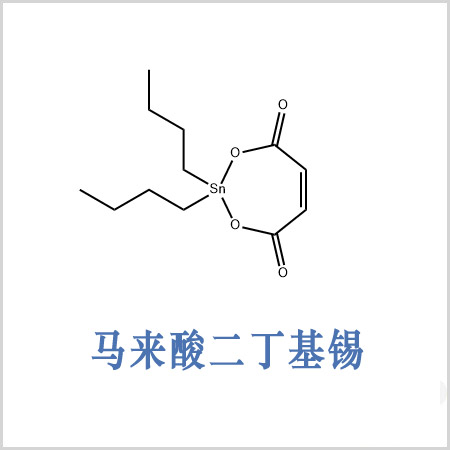
[English Name].
2,2-dibutyl-1,3,2-dioxastannepin-4,7-dione, cis-Butenedioic acid dibutyltin, DBTM, Dibulyltin maleate, DIBUTYL(MALEOYLDIOXY)TIN, DIBUTYLTIN MALEATE, Didutyltin maleate, DI-N-BUTYL-DIOXASTANNEPIN-4,7-DIONE, DI-N-BUTYL(MALEATE)TIN, DI-N-BUTYLTIN MALEATE, 1,3,2-Dioxastannepin-4,7 -dione,2,2-dibutyl-, 2-dioxastannepin-4,7-dione,2,2-dibutyl-3, 3,2-Dioxastannepin-4,7-dione,2,2-dibutyl-1, advastabdbtm, advastabt290 advastabt340, bt31, Dibutylstannylenemaleate, Irgastabdbtm, irgastabt150
8011.jpg
Molecular formula: C12H20O4Sn
Molecular weight: 346.98
CAS#: 78-04-6
Melting point: 110°C
Flash point: 204°C
Tin content: 33%-34%
Physical and chemical properties
Appearance】White amorphous powder, hygroscopic and tear-absorbent.
Solubility】Insoluble in water, slightly soluble in benzene and toluene.
Melting point 】135-140 °C(lit.)
Density 】1,318 g/cm3
Refractive index】1.502
Flash point】204°C
Product properties:
White amorphous powder. Decomposes on heating. Soluble in ethanol, benzene and organic esters, insoluble in water. Toxic and irritating.
Application:
Used as heat stabilizer in PVC rigid transparent products
Polyvinyl chloride heat stabilizer with excellent thermal stability, weathering resistance and transparency. Mainly used in PVC rigid and transparent products. Condensation catalyst. Gasoline explosion-proof agent, the general dosage is: 0.5%-2%.
Use I]
Used as heat stabilizer in PVC rigid transparent products
[Use II
This product is a heat stabilizer for PVC, with excellent heat resistance and transparency, no sulphur pollution, long-term heat resistance is particularly good, can prevent the products from turning yellow during high temperature processing. It is particularly suitable for hard and transparent products, and its high melting point does not reduce the softening point and impact of hard products. The general dosage is 0.5-2%. The use of barium soap or cadmium soap has a synergistic effect and can further improve the stabilising effect. The product lacks lubricity and has poor processing properties; it is volatile; it sometimes blisters during processing; and, under the action of hydrogen chloride generated when heated, it translocates to fumarate, which is less compatible with the resin and prone to frosting. To overcome these shortcomings, a number of modified varieties have been developed.
Use III]
Catalyst for condensation. Gasoline explosion-proof agent. Heat stabilizer for polyvinyl chloride (PVC), with excellent heat resistance and transparency, no sulphur pollution, particularly good long-term heat resistance, prevents products from turning yellow when processed at high temperatures.
Package: Packed in cardboard drums, 25㎏/ drum.
Storage : Store in a ventilated and dry place.



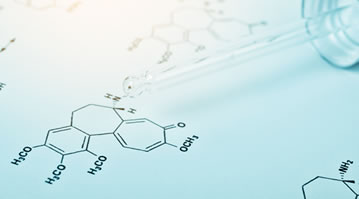

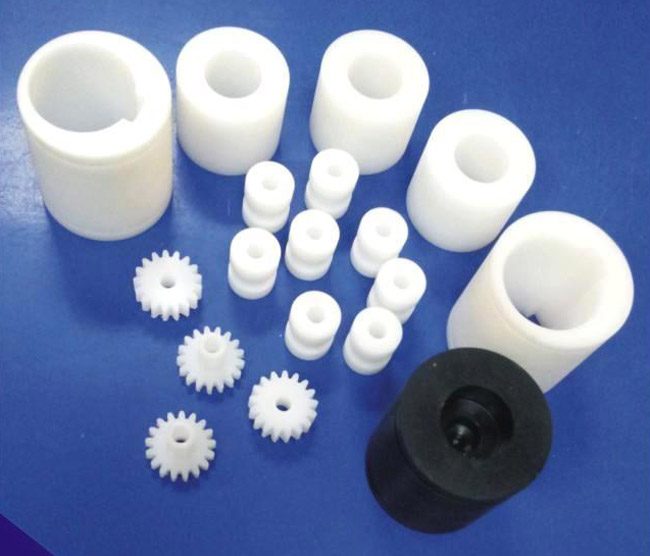


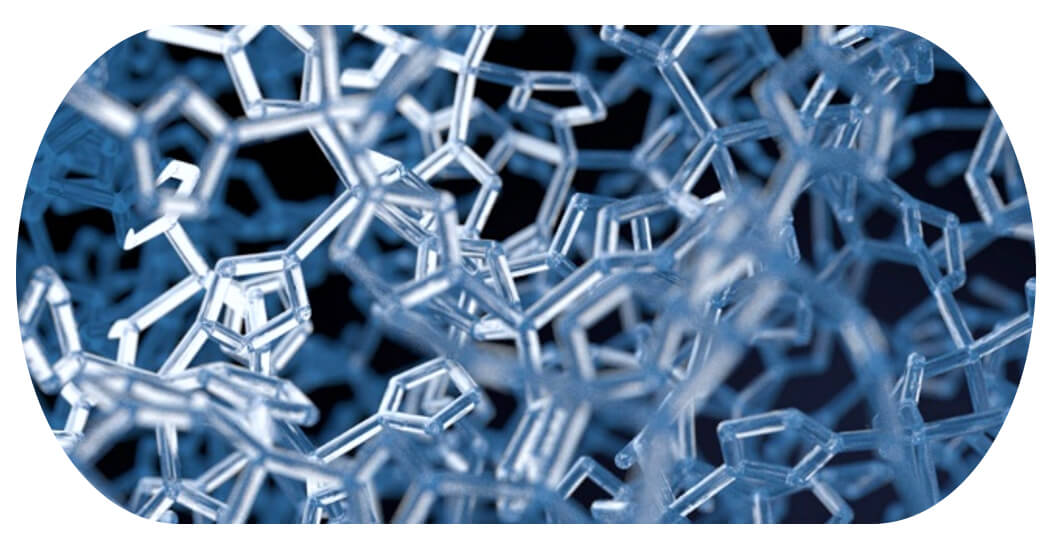
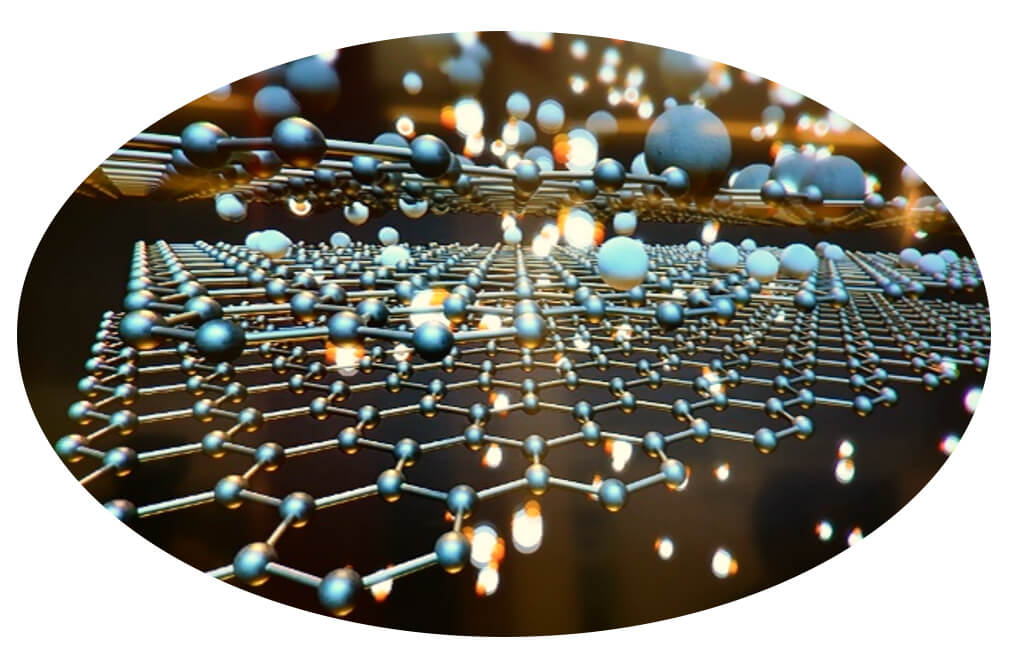








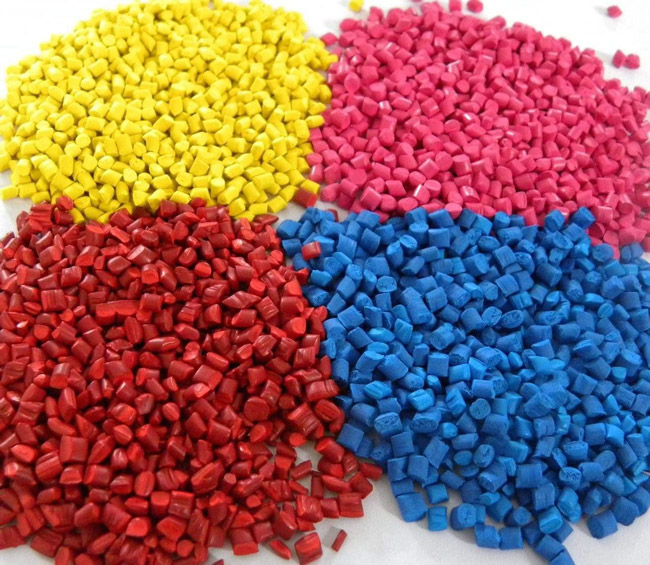

Comments